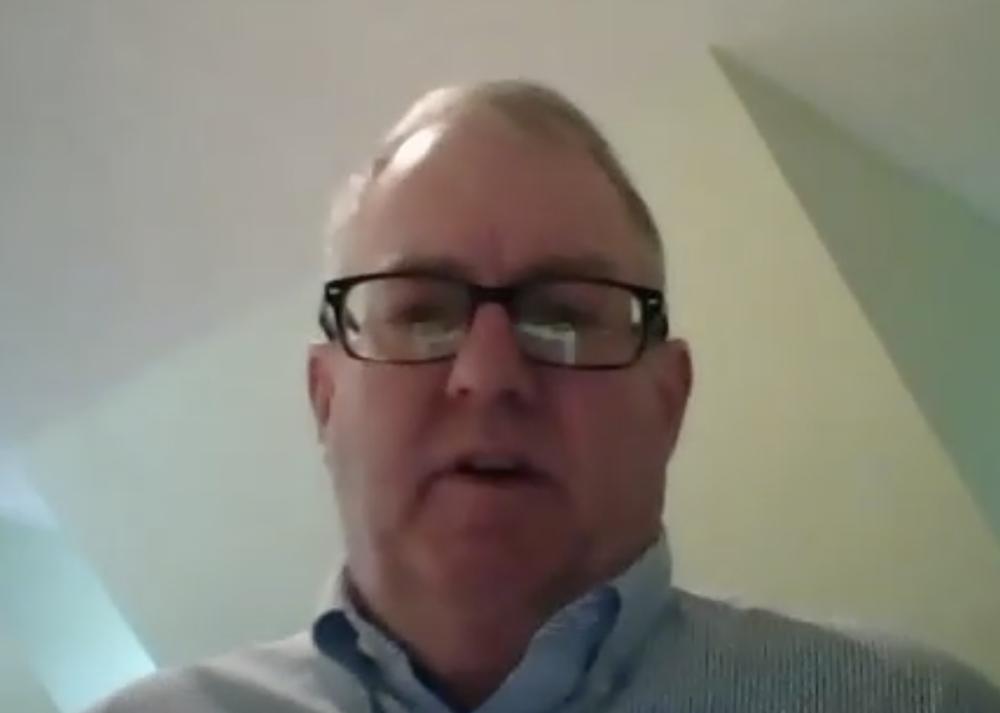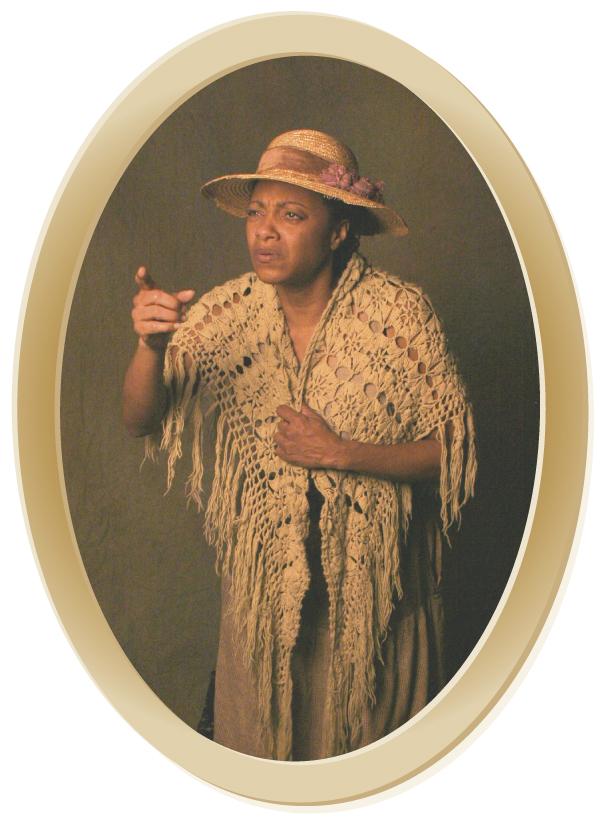For a variety of interesting reasons, Chesapeake College’s Cliff Coppersmith was extraordinarily well prepared for COVID-19. The first being that he had done a significant amount of scholarship work during his academic career, including a considerable emphasis on how pandemic illness wiped out close to 90% of Native Americans in the 17th Century. Coupled with a military intelligence background and the fact that many of his wife’s family was living in Italy in the early developing stages of the coronavirus crisis, Dr. Coppersmith uniquely qualified to take action in his leadership position at the Wye Mills community college for the Mid-Shore.
In our interview, Dr. Coppersmith outlines what his school has taken during Maryland’s stay-at-home order, how the College’s operating budget looks like going into summer classes, and his forecast on how Chesapeake might open back up in the fall.
This video is approximately ten minutes in length. For more information about Chesapeake College please go here.





